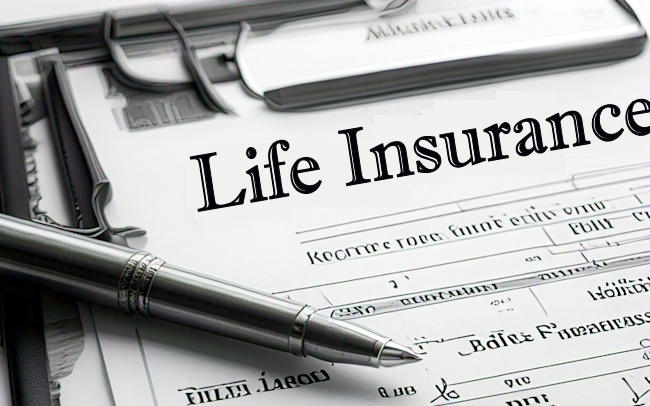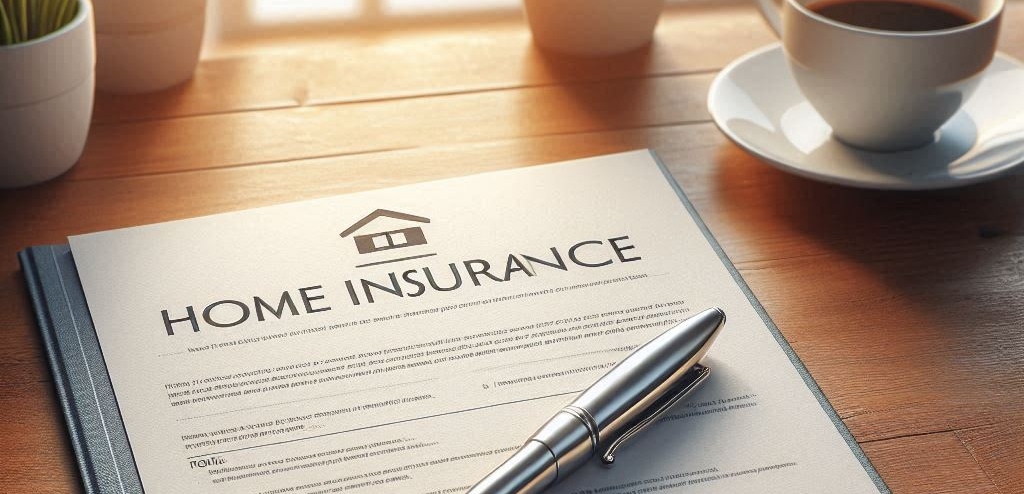Adequate insurance is not a luxury; it is a necessity. Unless you are among the independently wealthy and can afford significant losses due to illness, theft, disaster, car accidents, or an unexpected death in the family, insurance is a necessity of modern life. Even the wealthy protect their jewelry, homes, cars, and larger assets with insurance against loss and themselves against liabilities because a loss could represent a significant portion of their wealth.
According to InvestorWords insurance is: A promise of compensation for specific potential future losses in exchange for a periodic payment. In other words, you are exchanging a possible big loss for a guaranteed small loss.
Insurance rates are now becoming more affordable in America. As affordability increases, people are able to take fewer financial risks by obtaining adequate insurance.
1. Insurance Protects Against Unexpected Expenses
When faced with a crisis, insurance can lower expenses and make an event more affordable. Here are some common insurance types and how they can help lower expenses:
Health Insurance. Health insurance helps people prepare for unexpected medical expenses. Often when people think of health insurance they think of the coverage for routine doctor visits. When people become ill, they can go to the doctor and pay a small co-payment or percentage of what they owe instead of paying the entire amount. Instead of paying $200 or more for a single doctor’s visit, people with insurance can pay nothing for preventative care or pay $25 co-payment, after the deductible, for other illnesses. But the major advantage of health insurance is that health Insurance helps people budget and prepare for large unexpected expenses associated with catastrophic illness. These days if you have a heart attack or other serious illness your bill could easily be $50,000, $100,000 or more. See: Choosing Your Own Family Health Insurance Plan
Car Insurance. Car insurance (collision) is similar to health insurance for your car. In the event of an accident, collision insurance ensures that people are covered for damages to their vehicle or others’ vehicles. If an accident occurs, the vehicle and the passengers are covered up to a certain amount. Liability insurance on the other hand protects you against a lawsuit should you be at fault in the accident. Almost every state in America has minimum requirements for liability insurance. Most states have mandatory minimum car insurance, but some states still do not require it if enough cash is available to cover expenses. See: Car Insurance Terminology for Newbies for more information about different types of car insurance.
Renters and Homeowners Insurance. Renters and homeowners insurance protect you from losses due to theft. Insurance may cover items if damaged in a flood, fire, or other catastrophic event. Renters insurance is less expensive than homeowners insurance because it only protects the contents of the home and not the structure itself. But both can be affordable and offer protection needed in a time of crisis. Homeowners insurance is usually required by the lender or bank if you have a mortgage.
Life Insurance. Unless you are debt-free and have significant assets, you should have life insurance to help family members cope with the untimely death of an income earner. This prevents family members from being left with debt from the deceased’s life. With longer life spans, life insurance has become extremely affordable now. Some insurance can even be obtained with pre-existing conditions. See Life Insurance Over 50. There are different types of life insurance, see Term vs. Whole Life Insurance – What Should You Choose?
2. Offers Security
Security can be offered from insurance also. Many supplemental insurances are available that provide security to people during times of crisis.
Disability Insurance. Disability insurance is often overlooked but is a necessity if a loss of income would be detrimental. A loss of income from disability could result in foreclosure of a home, loss of a car, loss of a business, and lead to an inability to pay hospital or food expenses. Disability insurance should cover at least 60 percent of a person’s average income to help offset expenses. Most insurance will cover the entire amount.
Disabled people can even stop paying the premium when they become disabled. The coverage typically continues for two years. This can be a lifesaver for people who cannot afford to be away from work. Many self-employed people will obtain insurance to protect their family from total loss during a disability event.
Contact an Insurance Agent for a Free Quote
Insurance agents can explain the details of each type of insurance and provide a quote online. These quotes can help people control their budgets and keep people from using their savings to cover expenses. Speak with an agent or submit information online for a free quote.
See Also:
- The Life Insurance Safety Net
- Term or Whole Life Insurance- What’s The Right Option for You?
- Mandatory Health Insurance Pros and Cons
- Navigating the Politics of Health Insurance
- Affordable Health Insurance
- Making a Decision: Individual or Group Life Insurance Policies?
- The Top 5 Health Insurance Companies
- A Guide to Getting a Cheap Home Insurance Quote
- The Effect of Renovation on Your Homeowner’s Insurance
- Important Things To Know About Fire Insurance
- Getting the Best Home Insurance Quote



